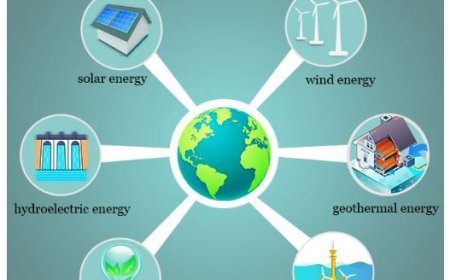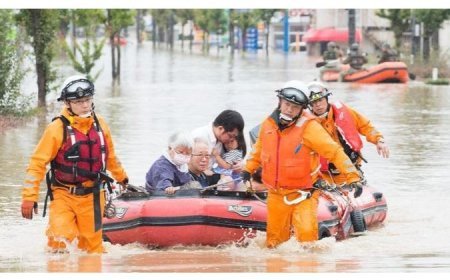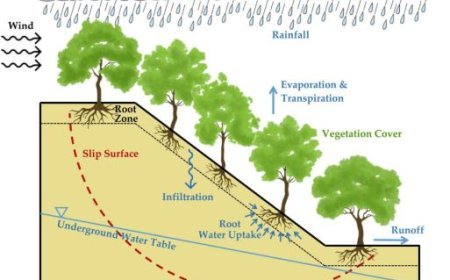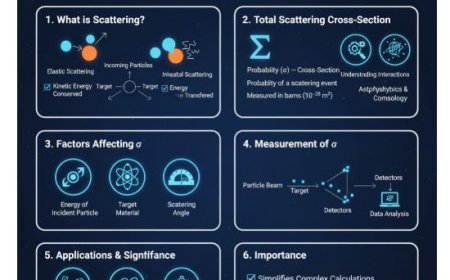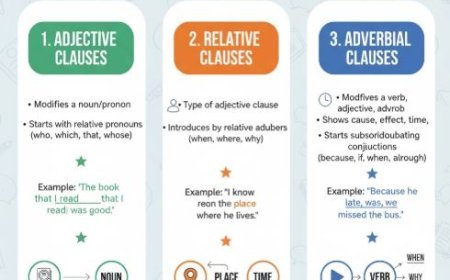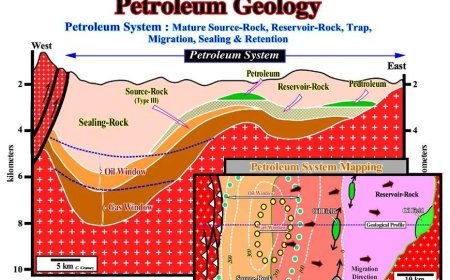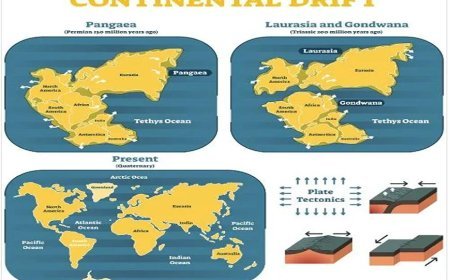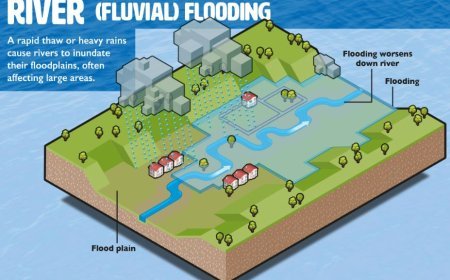DISASTER MANAGEMENT PLANNING AND THE ROLE OF GEOLOGY
Learn about the importance of disaster management planning and the role of geology in mitigating the impact of natural hazards.
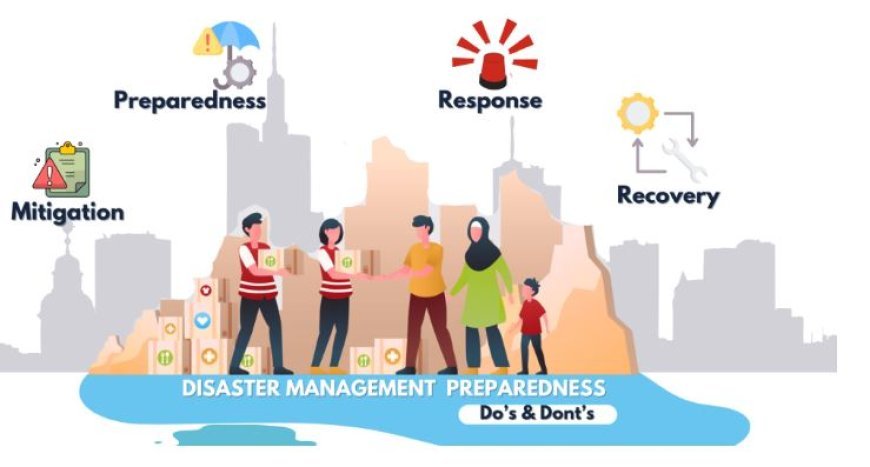
Critical Role in Disaster Management Planning
- Natural disasters such as earthquakes, volcanic eruptions, floods, and landslides may ruin entire populations.
- While we cannot control nature, we may considerably reduce its effects through a proper disaster management strategy. And geology is a critical ally in this planning process.
Understanding the Earth's Plan
- Geology, the study of the Earth's physical structure and composition, gives fundamental knowledge of the mechanisms that cause natural disasters.
- Geologists analyse: Identifying active fault lines aids in the identification of earthquake-prone locations.
- This knowledge directs building codes and infrastructure construction, reducing damage and saving lives.
- Understanding soil composition and stability is critical for building design, detecting landslide-prone locations, and reducing their dangers.
- Monitoring volcanic activity, analyzing previous eruptions, and understanding volcanic processes all aid in predicting prospective eruptions and guiding evacuation measures.
- Groundwater resources and pollution: Understanding groundwater availability and possible contamination is critical for developing water management plans, particularly during droughts and floods.
Beyond Prediction: Building Durability
- Geology is more than just anticipating disasters; it is also about fostering resilience.
Understanding Earth's processes allows us to:
- Develop strong infrastructure: geological information aids in the construction of bridges, buildings, and dams that can withstand seismic activity, landslides, and flooding.
- Implement effective land planning. Identifying danger zones and encouraging sustainable land management techniques decreases risk and the effects of catastrophes.
- Improve early warning systems: Geological data helps to design effective early warning systems for earthquakes, tsunamis, and volcanic eruptions, providing communities with valuable time to plan.
- Geological expertise may help assess damage, identify safe sites for reconstruction, and ensure the long-term viability of impacted populations.
The significance of collaboration
- Disaster management planning relies on coordination among geologists, engineers, government agencies, and local populations.
- This partnership guarantees that geological information is turned into practical programs, public awareness campaigns, and catastrophe preparedness methods.
- Investing in geological research, teaching, and cooperation is about more than simply scientific development; it is also about saving lives and safeguarding communities from the terrible effects of natural disasters.
- Understanding and exploiting geology's power can lead to a future in which we are better equipped to handle the challenges of a changing world.
What's Your Reaction?









